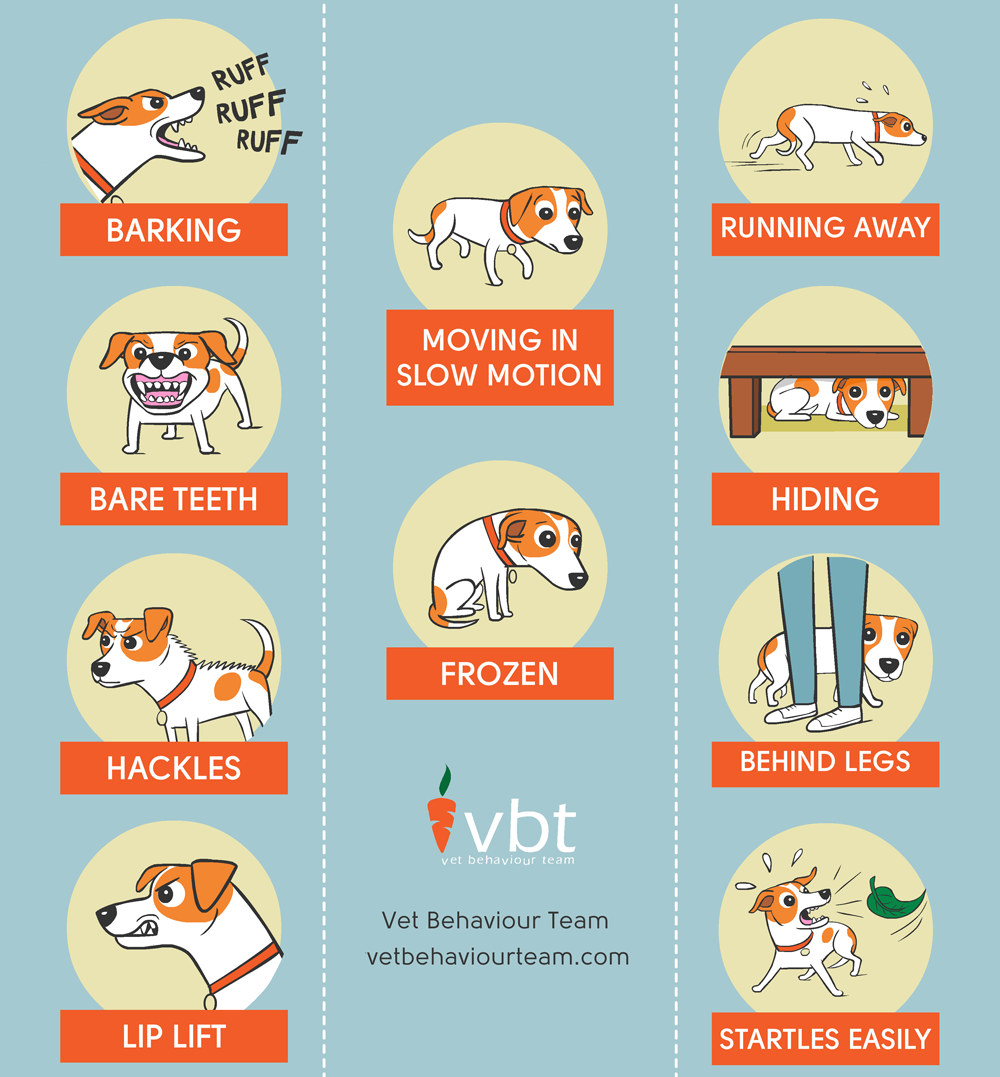How Dog Day Care Promotes Mental Stimulation
How Dog Day Care Promotes Mental Stimulation
Blog Article
Can Dog Day Care Reason Disease?
Dogs in daycare obtain lots of exercise, socialization with other dogs and one-of-a-kind experiences. This can be especially practical for young puppies and dogs with behavior concerns.
There are numerous legal considerations you need to take into consideration when beginning a doggy daycare company. These include the structure of your service and conformity with federal government laws.
1. Canine Distemper
Canine distemper is spread with direct contact with the bodily fluids and waste of an infected pet dog, yet it can additionally be transferred by means of shared water and food bowls or through air-borne beads. This extremely transmittable disease is most harmful for young puppies, but it can impact canines of any type of age and is deadly for a lot of if left unattended.
First symptoms of canine distemper typically simulate a cold, consisting of drippy eyes and nose with watery or pus-like discharge. As the illness advances, a pet dog will certainly create high temperature, coughing, lowered cravings, throwing up and looseness of the bowels. The infection can additionally strike the nerves, leading to seizures, jerking and partial or full paralysis.
Reputable daycares decrease exposure to infection by requiring vaccinations, regular health examinations and adhere to rigorous health procedures. If your puppy appears extremely worn out or hopping, a day off may assist him recover, but you should avoid taking him back to daycare till these symptoms clear up.
2. Kennel Cough
Kennel coughing, additionally referred to as contagious canine tracheobronchitis or Bordetella, is an extremely infectious viral or bacterial disease that affects the respiratory system system. It's generally moved with the exchange of saliva or air droplets that an ill canine exhales. Social dogs go to greater threat for infection as a result of their regular interaction with one another, such as when they play, share food or water, sniff each other or merely fulfill in a jampacked atmosphere like a pet dog park or day care.
The most common signs and symptom of kennel coughing is a consistent and forceful cough that seems like something embeded the throat or retching. Typically, canines will divulge frothy white phlegm. If left neglected, a dog can create pneumonia and go to major risk permanently.
A reputable childcare center ought to have strict cleansing and cleanliness protocols, disinfect all playthings, food and water bowls frequently, and be open about their inoculation plans. Keeping your pet approximately date on their vaccinations, especially for bordetella and canine influenza, will greatly lower their opportunities of acquiring the illness.
3. Parvovirus
Canine parvovirus, or parvo, is a very infectious viral illness that can be harmful for young puppies and young adult pets with bad immune systems. It's most frequently spread by straight contact with polluted dog feces-- which can take place when canines sniff, lick, or preference infected feces-- and indirectly from infected people, objects, or atmospheres (like kennels, grooming areas and lawns). Pups and canines without complete inoculation histories are specifically vulnerable to parvo.
The infection is incredibly resistant, making it through in the environment for as much as nine years, and can conveniently be transferred in between dogs by call through dog boarding places near me feces or on footwear, clothes, and bed linens polluted with parvovirus. Otherwise treated quickly with IV fluids, electrolyte equilibrium, vomiting control drugs and prescription antibiotics to stop additional microbial infections, a canine will swiftly dehydrate and create serious looseness of the bowels, which results in shock and blood poisoning. Parvo is challenging to heal once a pet dog has ended up being ill, but with proper veterinary care, several puppies do endure this illness.
4. Dog Influenza
Dog flu virus is extremely contagious and spreads with direct get in touch with, sharing food and water bowls, licking or nuzzling various other canines, via airborne droplets, and via contaminated surfaces. Inoculation is effective in minimizing the threat of infection and outbreaks.
A lot of affected pet dogs create a mild breathing infection with a coughing that lasts 1-3 weeks. They may likewise have nasal and eye discharge, sneezing, and lethargy. A few of one of the most major instances result in pneumonia and a high fever.
If your canine shows any of these signs, do not bring them back to childcare until they are healthy. If your pet is showing indicators of severe fatigue or hopping, talk with your vet today and ensure they get on healthiness supplements to help build their resistance. A vet will certainly review your canine for signs of the influenza by taking a sample from the nose or throat, and blood tests can be done to verify.